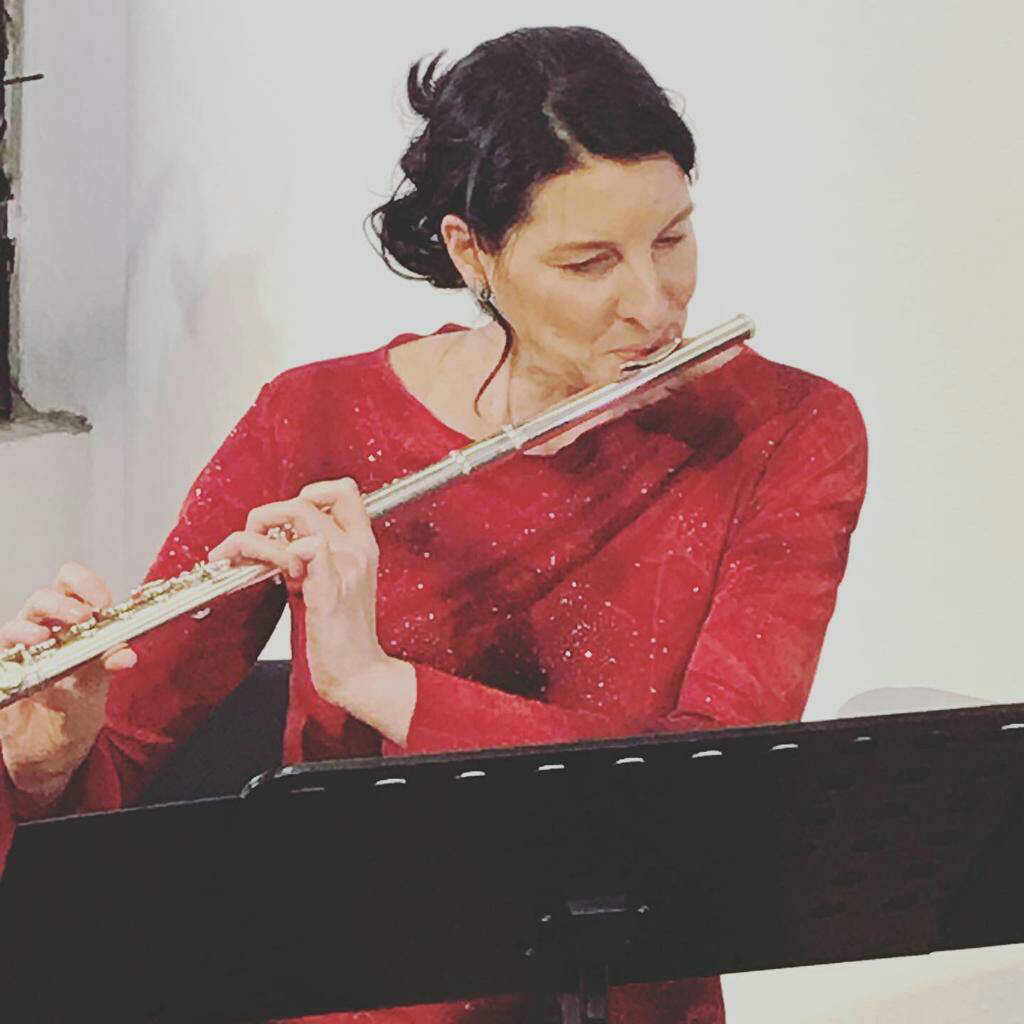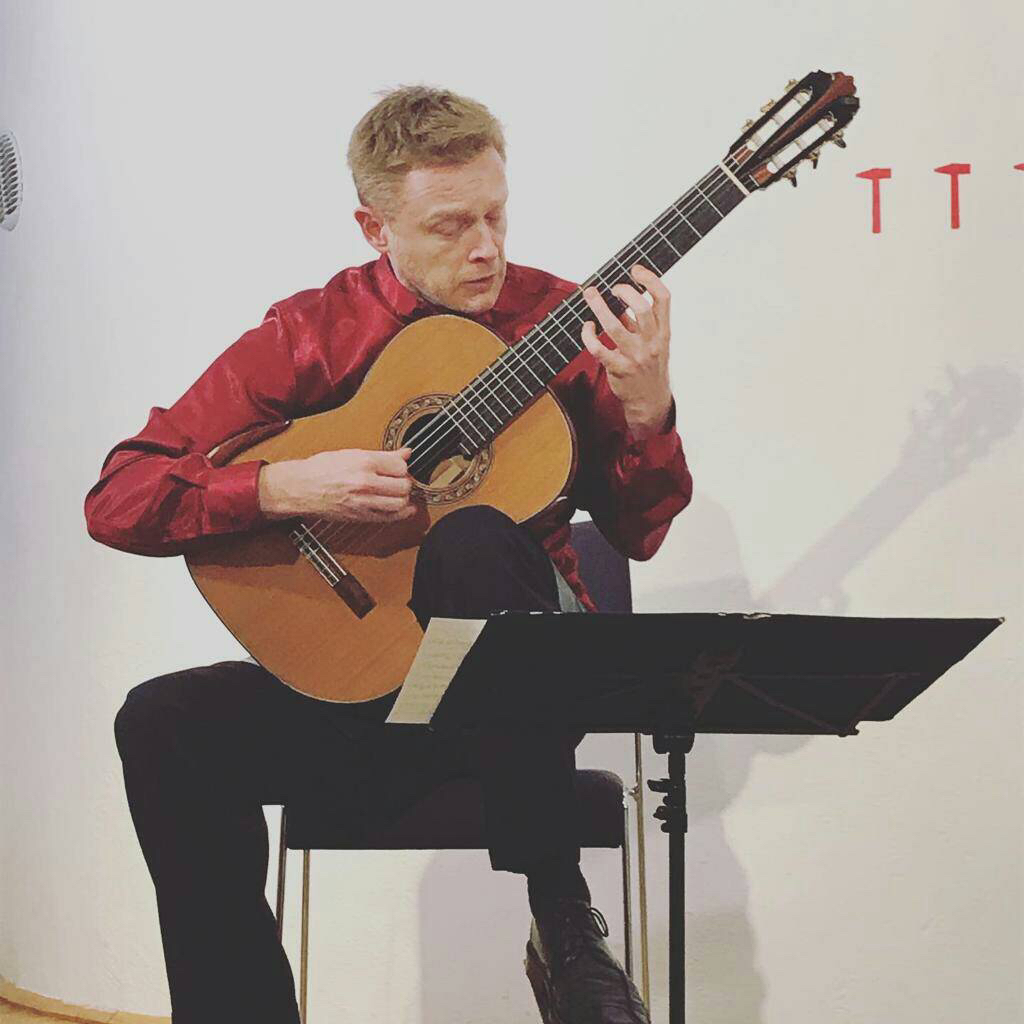
Invited by the Alte Schmiede, one of the top addresses for contemporary music in Austria with a long tradition, the Exilarte Center at the mdw is presenting a live-stream concert that establishes a connection between composers who were forced into exile by the Nazi-regime and works which were created in the 21st century and deal with the issue of displacement and flight. Repression and censorship in the former USSR will also be addressed in this concert through a composition by Elena Firsova. Works by NS-expelled composers Ursula Mamlok, Ruth Schönthal, Alexandre Tansmann and Walter Bricht, who all found a second home in the USA, are juxtaposed with newly created compositions by Gabriele Proy (world premiere) and Helmut Jasbar.
Ulrike Anton | Flute
Armin Egger | Guitar
Christine Roider | Cello
Miyuki Schüssler | Piano
Moderation: Gerold Gruber
Friday, March 5, 2021, 8 P.M. (CET)
Livestream: Alte Schmiede in Vienna
Program:
Ruth Schönthal: A Bird‘s Song About…
for Flute and Piano
Helmut Jasbar: Fluchtstücke – Fugitive Pieces
for Flute, Cello and Piano
Ursula Mamlok: Variations
for Solo Flute
Gabriele Proy: Hommage an Ursula Mamlok
for Flute and Cello (world premiere*)
*Commissioned by maezenatentum.at with the kind support of the Dwight and Ursula Mamlok Foundation
Alexandre Tansman: Hommage à Chopin
for Solo Guitar
Elena Firsova: Otzvuki (Echoes), op. 59
for Flute and Guitar
Walter Bricht: Variations on an Old German Children Song, op. 40
for Flute, Cello and Piano




Walter Bricht | Ursula Mamlok | Ruth Schönthal | Alexandre Tansman
Photos, livestream concert (March 5th, 2021)





































































